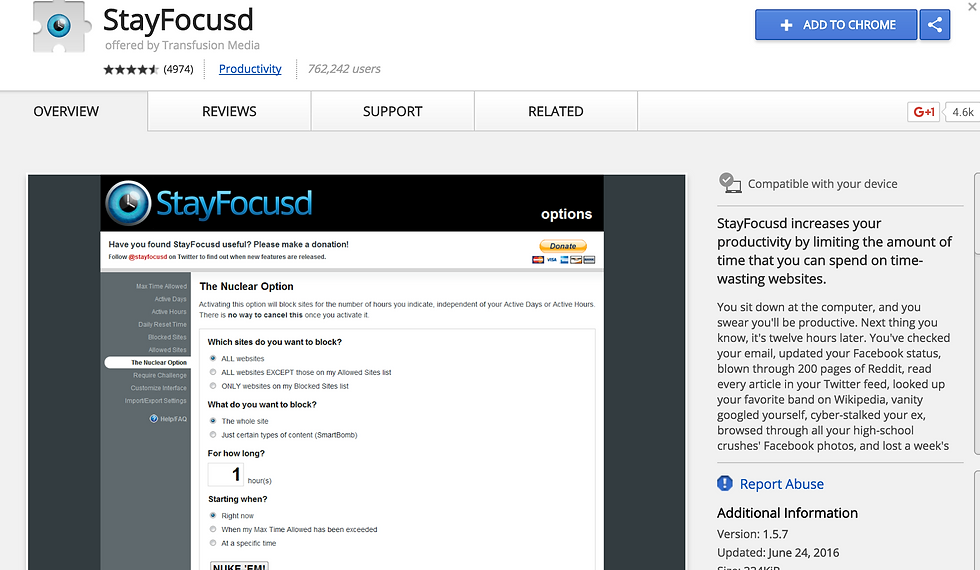#leapinresearch17 social media panel // my perspective.
- Alicja Pawluczuk
- Mar 12, 2017
- 4 min read
Using Social Media in Academia - What have I learnt so far? Has my social media presence changed in any way? How is the digital media influencing academic publishing? These were some of the questions discussed during ‘Leap into research’ Conference workshop.
‘Leap into research’ Conference took place at Edinburgh Napier University in February 2017. I was invited to join the discussion panel focusing on the use of social media in academia. Below, I’m reflecting on some of the key points covered during the discussion.
1.Social Media Presence: Professional vs. Personal
Social media have always played a big role in my life. Starting in my teens, I would experiment with (now archaic) version of a Polish messenger called Gadu-Gadu (see photo below). As a self-conscious teenager, social media provided me with an opportunity to share and amplify my voice. Over the years, I realised that my digital persona also forms an important part of my professional identity. I needed to become more critical about what, and how I publish online.

This topic of personal vs. professional social media usage, was also covered during the panel discussion. How do we maintain our online presence? And, is it mainly related to our academic work?
As with any panel discussion, the answers varied from strictly academic to more relaxed approaches. Although I agree with all these approaches, I would position myself closer to the relaxed end of the spectrum.

My digital identity is quite similar to who I am offline. I have been maintaining my social media accounts for a number of years, both as a digital media practitioners and activist. I therefore don’t think it would be a good idea to suddenly change my content to solely academic.
Digital participation, media in social development, digital activism, feminism are just some of the topics I care about. In my view, having all of these interests reflected in one Twitter account makes me more credible as a person.
Yes, there are hundreds of informative accounts, which simply share ‘cold data and facts’ on their feeds. However, not knowing the context or the person that shares them, make me more sceptical about using the content all together...
, there are numbers of ways to boost your online presence, some of which can be questionable in terms of ethics (for example buying followers!). I am certainly not a huge expert in this area, but feel that having a personal touch to your account can be a good thing. This doesn’t mean spamming everyone with your daily #foodporn snapshots (unless you are a food blogger - which I love!). My personal view is that having a nice account intro could be a good way to start...Additionally
You can read more about managing your personal vs professional online presence in this article published by the Queen's University of Charlotte.
2. Social Media + Academic Content
One of the questions during the discussion was concerned with the future of academic publishing online. Here, I don’t really have that much experience - I have not yet been officially published by an academic journals ( this might change very very soon though :) ).
I am the person who has benefited greatly from the online presence and availability of academic research. While working as a digital media practitioner, I would often source data online in preparation to a funding bid or to simply justify the purpose of my work.
Also, following academics on social media allowed to my explore new networks of digital practitioners, both in the UK and internationally. In particular, I was very interested in the work of Video4Change Research Network, which has been examining the social impact of participatory media. This work had a significant impact on my own research of social impact analysis of digital co-creation.

Also, knowing that my proposed area of expertise (digital youth) is constantly evolving, made me realise that I need to stay up-to-date with current research findings. Thanks to digital youth academics who share their opinions, essays and blogs online (for example www.dmlcentral.net), I am able to do just that.
In my view, digital media and online publishing provides new opportunities to academic as well as digital practitioners. Easily accessible research is essential to co-create innovative links and explore new areas of knowledge. This digital revolution can indeed democratise knowledge production and distribution. I’m super excited to be part of it.
3. How do I find the balance? Managing my social media activity and my PhD workload.
Yes, I am fascinated with the amount of opportunities offered by the digital world and social media. I have definitely benefited from my social media presence by linking with other academics and practitioners, finding interesting content and events. However, I am also aware that constant feeds scrolling can also take up a big chunk of my day. Here is a possible script for a 5 minute social media time waste:
‘wow, this is an interesting tweet lets check it out
oh, what a cool website!
should I share it?
Yeah
I won who is behind that Twitter account?
Lets check them out
Oh that’s interesting….’
Nowadays, I am trying very hard to be more critical and mindful when going online. Especially, at the times when I’m aiming to write, I know I need to impose some extra self-discipline on myself.Although this was quite difficult at the beginning of my PhD, I’m now quite well organised.There are also some useful tools to control your social media usage. Here are some of the apps I used in the past (click on the picture to see details)

Overall, the event was fantastic and I really enjoyed sharing my views on social media with the other experts. Huge thanks for #leapintoreseaerch17 organisers for giving me this opportunity. I look forward to next years conference.
To find out more about the conference visit www.blogs.napier.ac.uk/leap-into-research




Comments